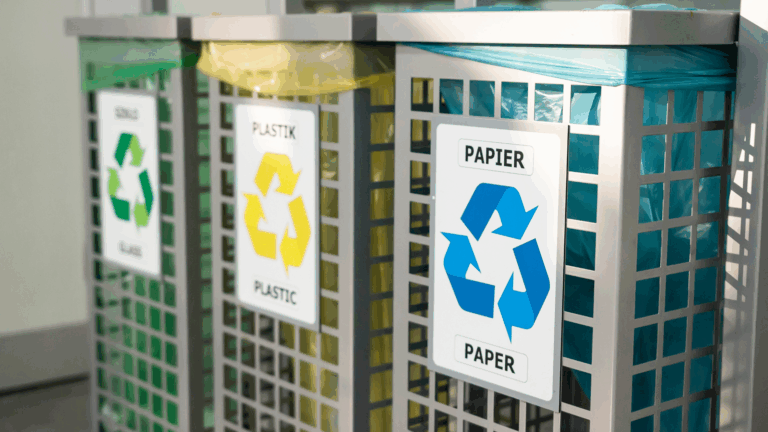
The way UK businesses source their water is changing
As our demand for water increases and environmental regulations tighten, organisations adopting circular economy principles getting a head start in a rapidly changing landscape. But what exactly is the circular economy, and what does it mean for the water industry as we know it?
What is the circular economy?
As the name suggests, the circular economy is about closing the loop in resource use, creating a cycle in which materials are reused, recycled or regenerated rather than discarded.
In the context of water, this means moving away from the traditional linear model of “take, make, dispose” and embracing a fresh movement where water is conserved, treated, and reused within the system.
Water and the circular economy
According to the Environment Agency, parts of England could face significant water deficits by 2050 if no action is taken, showing the water scarcity is becoming a growing issue. The water industry is under increasing pressure to find more sustainable ways to meet demand.
This translates into businesses investing in innovative water management practices that align with circular economy principles. The Ellen MacArthur Foundation reports that adopting circular economy practices could reduce the use of virgin water by up to 75% in certain industries.

The water benefits of the circular economy
Adopting circular economy principles in water management can lead to key business benefits, including cost savings. Efficient water use can help to reduce overall consumption and some of the associated costs relating to wastewater disposal, enabling businesses to save a considerable amount on their water bills.
Regulatory compliance is another key factor. With the UK government tightening environmental regulations, businesses can adopt circular water practices to ease the road to compliance with new standards. This also helps with cost saving, avoiding potential fines and penalties.
By demonstrating a commitment to sustainability through circular water practices, an organisation can also enhance its reputation with customers, partners, and stakeholders. Not only that but it can also help businesses to build resilience against the growing issue of water scarcity.
Circular water management
Let’s take a look at some key strategies involved in circular water management.
Water recycling and reuse
Companies are increasingly treating wastewater on-site for non-potable uses, such as cooling processes or irrigation.
Rainwater harvesting
Harvesting rainwater involves capturing and storing rainwater for later use, and this helps businesses reduce their reliance on mains water. Not only can this lower water bills, but it also lessens the burden on the public water supply. Many commercial properties are already reaping the benefits of rainwater harvesting systems, and this can significantly reduce water usage.
Advanced water treatment technologies
Businesses need to keep their finger on the pulse of new and emerging tech, as these can make for more efficient water treatment processes. This, in turn, makes it easier to reuse water safely. Membrane filtration, for instance, is a method for treating industrial wastewater that is rising in popularity, allowing businesses to recover and reuse water that would otherwise go to waste.
Collaborative water stewardship
Businesses, water companies, and local authorities understand the importance of collaboration in sustainability efforts, and are increasingly working together to manage water resources sustainably. Initiatives like the UK Water Partnership are fostering collaboration across multiple industries, developing innovative solutions that benefit everyone.

Contact Everflow today!
At Everflow, our goal is to make your utilities simpler. We ensure you get great-value contracts that are tailored to your needs and easy to manage.


